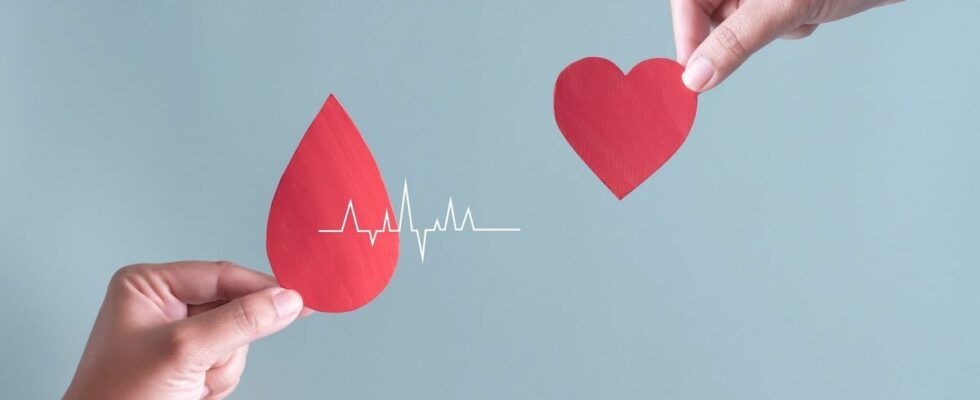Published on
updated on
Reading 3 min.
Two days ago, the story of an American declared dead, waking up in the middle of an organ harvesting operation, moved the whole world. And France, where the number of organ donation refusals has suddenly soared. The opportunity to take stock of what organ donation is and why this American’s experience is unlikely to happen to you.
We were talking about it only two days ago: in the United States, in 2021, a 36-year-old man declared brain dead by accident woke up on the operating table just as the medical team was preparing to harvest his organs. A story worthy of Halloween that did not fail to scare the web. Result ? The biomedicine agency, which manages organ donation in France, is concerned: “The fact of conveying this information is very harmful and casts shame on organ donation and transplantation in France.”regrets the Biomedicine Agency to AFP. “We have noted a clear increase in the number of registrations on the national register of refusals”currently ten times higher than normal, she estimated. However, as impressive as this American case is, it seems impossible in France. Let’s take stock with a true/false one.
It is possible to be declared dead by mistake. Fake.
Dr. Gérald Kierzek, emergency physician and medical director of Doctissimo, stated this in the previous article. The medical error known in the United States is impossible in France. “Le diagnosis of brain death before organ harvesting follows a strict protocol defined by law“. This is based on a clinical examination which must note: the total absence of consciousness and spontaneous motor activity, The abolition of all reflexes of the brain stem (photomotor, corneal, cilio-spinal, oculovestibular, oculo-cephalic), The absence of spontaneous ventilation, verified by a hypercapnia test (apnea test), all coupled with two null and unreactive electroencephalogram (EEG) lasting 30 minutes each, carried out at 4 hours apart and a cerebral angiogram, showing the absence of cerebral blood flow on the 4 arterial axes.
Everyone is presumed to be an official donor today. True but…
Since the law of December 22, 1976, known as the Cavaillet law, everyone is presumed to be a donor. That is to say that we are all organ and tissue donors, unless we express our refusal (in whole or in part) by registering on a national register. But in practice, professionals always question the families, who can know the opinion of the deceased. Or who can also object to consent. This is the reason why, whether or not you are opposed to organ and/or tissue donation, it is essential to inform your loved ones, and/or in writing, and/or, in the event of opposition, on the national register of refusals to avoid adding this question to families, in addition to the pain.
I can refuse to donate some of my organs. TRUE.
It is now possible to be a donor, but to refuse to donate certain organs in particular. To do this, simply register on the national register of refusals and designate the organs and tissues from which you do not wish to be removed.
Organ donation is free. TRUE
To avoid organ trafficking, donations are free and anonymous in France. Furthermore, the collection and the costs associated with it are covered by the health establishment which carries it out. No one pays or receives money for this act.
An organ donor’s body is mutilated. Fake
The image of one’s own damaged body is the leading cause of refusal of organ donation in France. However, it is false. Whether it involves organ donation (heart, liver, etc.) or tissue donation (corneas, epidermis, etc.), the body of the deceased remains completely presentable.
There is an age limit for donating organs. Fake.
There are no age-related contraindications to donation. It is above all the condition of the organs that matters, and it depends a lot on the conditions in which the person died and their lifestyle. Likewise, a sick person or person under medical treatment can also be a donor if the organ removed is in good condition.
If I am an adult and in good health I can donate a kidney during my lifetime. TRUE
You can also donate a kidney during your lifetime. But for this, the donor must be a parent, a child, an uncle/aunt, or any person providing proof of a common life or an emotional bond of at least two years with the recipient.
